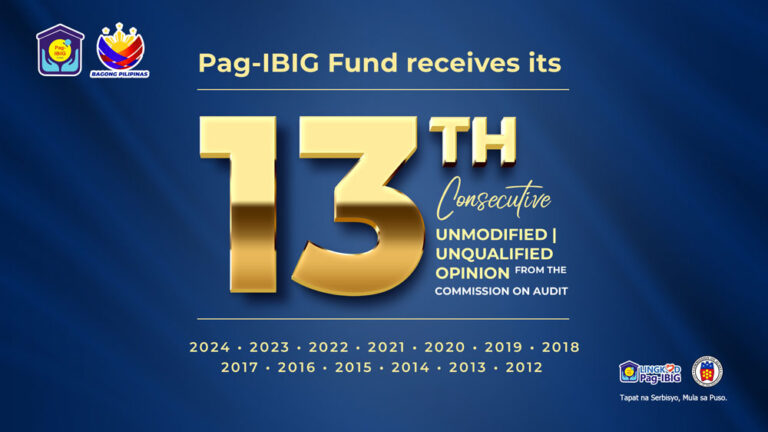
MANILA – The Philippine police chief, holding back tears, said Wednesday that Muslim rebels shot to death some of his anti-terror commandos as they lay wounded in a fierce gunbattle last month that has stalled the government’s peace deal with the insurgents.
Deputy Director General Leonardo Espina told a congressional hearing that the country’s largest Muslim rebel group, which signed a peace deal with the government last year, should explain why its insurgents committed the “overkill” that left 44 of his men dead in the Jan. 25 gunbattle.
Espina tried not to cry as he spoke during the nationally televised House of Representatives inquiry into the deaths of the elite policemen during a secret search mission in the marshy outskirts of southern Mamasapano town.
The commander of the slain policemen, Getulio Napenas Jr., since relieved of his job, approached Espina to console him and openly wept over the combat deaths that followed the killing of one of Southeast Asia’s most-wanted terror suspects, Malaysian Zulkifli bin Hir or Marwan.
“My men were very much alive, but you did not let them return home to be with their children,” Espina said, pausing as he struggled to control his emotions. “What is this overkill that you did to my men?”
Espina said he was unable to sleep after reading a medical report that indicated three of his men were still alive with gunshot wounds in the feet when two were shot at close range in the head. Gunmen removed the bullet-resistant vest of another wounded commando then shot him to death.
Twenty other commandos were shot in the head, he said, even when it was clear they were government policemen.
The Moro Islamic Liberation Front rebels have said the fighting was a “misencounter” because the police commandos did not coordinate the anti-terror raid with them. They said they were unaware that Marwan and a suspected Filipino bomb-maker, Abdul Basit Usman, were hiding in their Mamasapano stronghold.
The slayings have cast uncertainty over the draft of a law creating an autonomous region in the southern island of Mindanao as part of a peace plan aimed at ending a four-decade rebellion.
The government had hoped it could become law by March to have time for a plebiscite and the creation of the region’s transition authority before President Benigno Aquino III ends his term in 2016.
Government chief peace negotiator Miriam Coronel-Ferrer told a forum despite the delay, they still hope Congress can approve it before the current session ends in May, and the plebiscite held September or October. But she said that would leave little time before the start of the election period, when Aquino would be banned from appointing members of the region’s transitional authority.
Sen. Ferdinand Marcos Jr., head of the Senate committee on local governments, suspended hearings on the bill until an investigation establishes a clear picture of the assault. He said it’s unclear when it could be passed.
“I think it’s time for us to take steps back and view the entire peace process on a larger perspective,” he told a foreign correspondents forum. The draft law “is an important part of the solution but it is not the entire solution,” he added. (AP)



